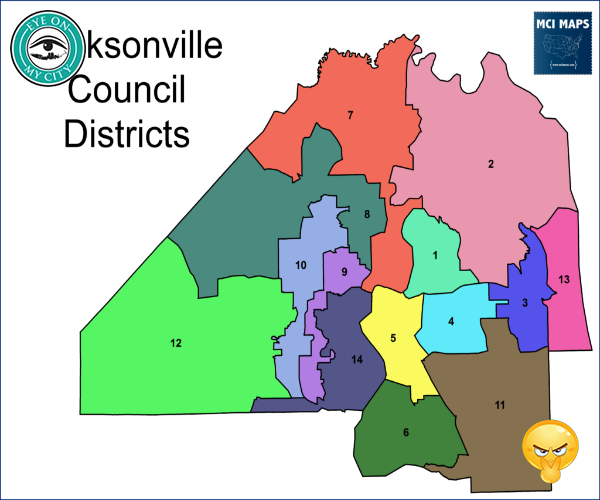
One thing about government: it never seems to lack a crisis requiring more government action.
At a meeting of a special committee of the City Council Monday, another crisis was announced.
According to a bureaucrat identified as Dawn Lockhart, there is a crisis in affordable housing.
For those unfamiliar, housing is considered unaffordable when it costs more than someone wants to pay or is able to pay.
Without government, people would simply buy or rent something they can afford, but government can come to their aid by taking money away from some people and using it to help someone else buy a house – thus making it “affordable” to them.
Lockhart said there is a rule of thumb that you should pay 30 percent of your income for housing and that some people in Jacksonville pay 50 percent, which she said constitutes a crisis.
People are unable to save money for emergencies, and police and firemen can’t afford to live near where they work, Lockhart said.
Government handouts for housing cure homelessness, she said.
That particular claim has been challenged. The federal government spends billions of dollars a year on homelessness and has made little progress in halting its growth. Major cities such as San Francisco, Seattle and Portland have become meccas for the homeless.
Studies repeatedly show that “housing first” programs fail to report any improvement in overcoming substance abuse, reducing psychiatric symptoms or improving general well-being for those enjoying subsidized housing.
An alternative is “treatment first,” an approach that requires treatment for causes of homelessness, focusing on gaining employment. With employment, taxpayer subsidy would not be needed.
One reason for high housing costs is, of course, government. By rules, regulations and taxes politicians make housing more costly.
Portland, for example, once was one of the most affordable places in the nation to live. Today, after a blizzard of land use regulations, it is one of the most costly.
Members of the Committee on Social Justice and Community Investment seemed to be more interested in other matters. They deferred action on the alleged crisis in affordable housing, saying they had other priorities.










